Quantum Foundation Online Lectures
Speakers
List of Speakers

Prof. Anthony Leggett
Nobel Laureate in Physics;
University of Illinois Urbana, USA

Dr. Timothy E. Eastman
(Formerly) Geophysical Institute, University of Alaska, USA
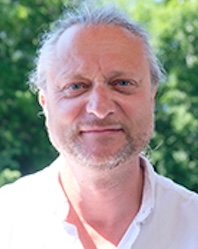
Robert J. Sunderland
Niels Bohr Archive, Copenhagen, Denmark
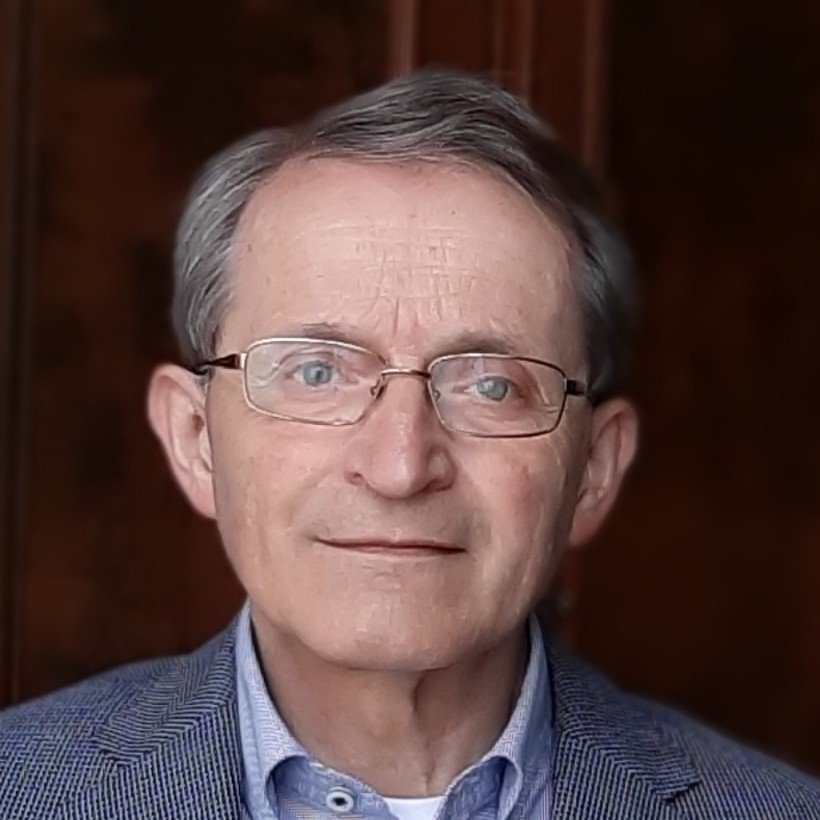
Prof. Alfred Driessen
University of Twente, Netherlands
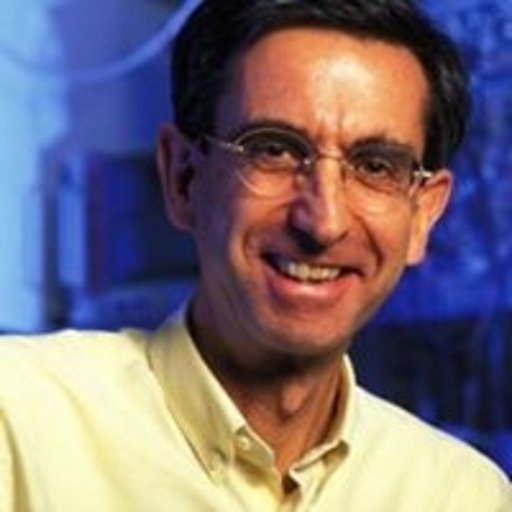
Prof. Antoine Suarez
Center for Quantum Philosophy, ETH-Zürich
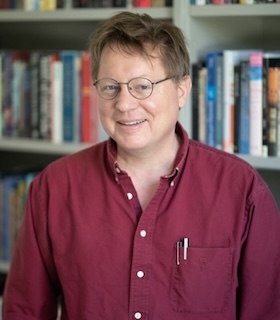
Prof. Christopher Fuchs
Department of Physics, University ofMassachusetts, Boston, USA
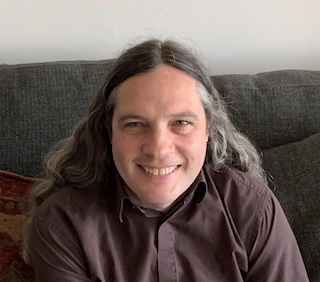
Prof. David Wallace
University of Pittsburgh, Pittsburgh, USA
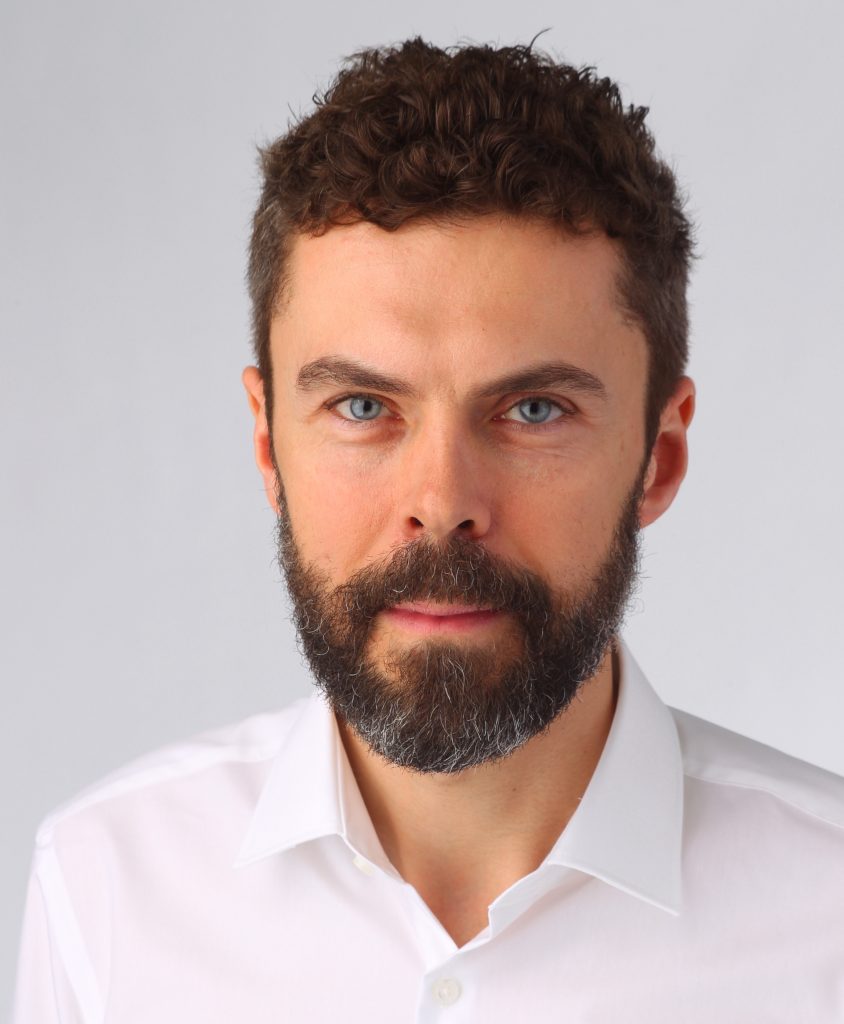
Prof. Markus Paul Müller
Institute for Quantum Optics and Quantum Information, Austria
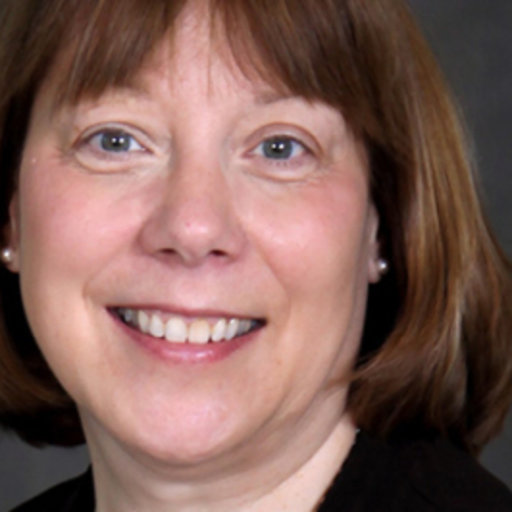
Dr. Paula Bohr
Granddaughter of Niels Bohr,
one of the Founders of Quantum Mechanics
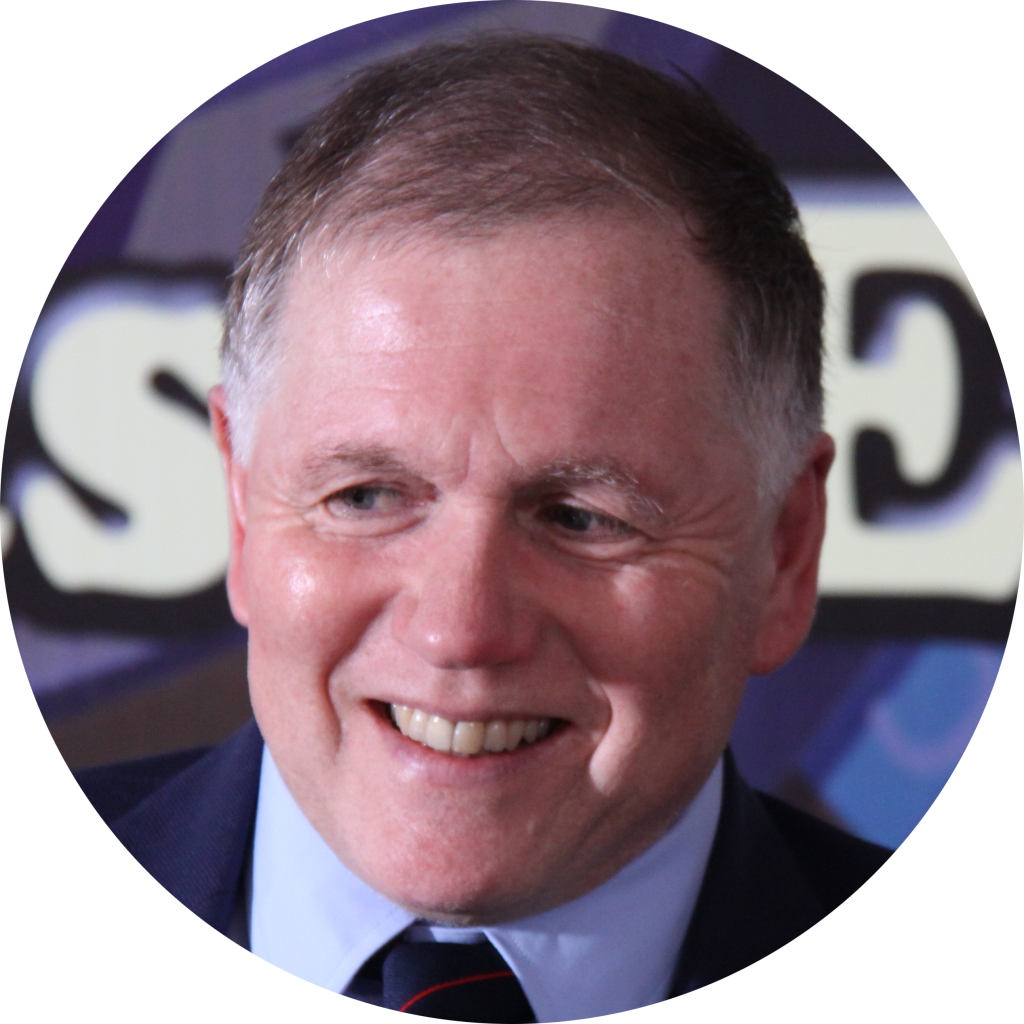
Dr. Vilhelm Bohr
Chairman of Niels Bohr Archive,
Ad. Professor, University of Copenhagen,
Grandson of Nobel Laureate Niels Bohr

Prof. Anthony Leggett
Nobel Laureate in Physics;
University of Illinois Urbana-Champaign, USA
Prof. Anthony J. Leggett is a Nobel Laureate in Physics (2003) and a world-renowned theoretical physicist at the University of Illinois Urbana-Champaign. He is best known for his pioneering work on superfluidity in helium-3, which significantly advanced our understanding of quantum mechanics and macroscopic quantum phenomena. Born in 1938 in London, Leggett was knighted in 2004 and holds the John D. and Catherine T. MacArthur Chair at UIUC. His research spans superfluidity, superconductivity, and the foundations of quantum theory, making him one of the leading figures in condensed matter physics.

Dr. Timothy E. Eastman
(Formerly) Geophysical Institute,
University of Alaska, USA
Dr. Timothy E. Eastman obtained his doctorate in physics and geophysics from the University of Alaska Geophysical Institute (1979) and has served as a consultant in space physics, plasma sciences, and philosophy (now retired). He discovered the low-latitude boundary layer of Earth’s magneto-sphere in 1975 and has published over a hundred research papers in space physics, philosophy, and related fields. While serving as a program officer at NASA (1985–1988) and NSF (1991–1994), he was codeveloper of key foundations for major inter-national and interagency projects, including the International Solar Terrestrial Physics program, the Interagency Space Weather program, and NSF’s Basic Plasma Science and Engineering program. He created and maintains a website for plasma science and applications at plasmas.org, and is lead editor of two volumes in philosophy and physics (Physics and Whitehead, SUNY, 2004; Physics and Specu-lative Philosophy, de Gruyter, 2016).
Dr. Eastman’s interest in philosophy extends over four decades with over thirty publications in philosophy in addition to the edited volumes. For this and related schol-arly research and publications, he was awarded the Creative Advance Award in 2009 by The Inter-national Process Network. His current research is focused on a synthesis of recent developments in philosophy, physics, logic, semiotics, and process thought as exemplified by his major work Untying the Gordian Knot: Process, Reality, and Context (Lexington Books, 2020), which lays out the integra-tive Logoi framework, a natural philosophy for the 21st century. This framework builds on a confluence of many complementary developments in science, philosophy, and related fields, to affirm an expansive ecological vision.

Robert J. Sunderland
Niels Bohr Archive, Copenhagen, Denmark
Robert J. Sunderland is the Head Archivist at the Niels Bohr Archive (NBA) in Copenhagen, Denmark. Originally from England, Sunderland has spent much of his professional life in Denmark. He holds degrees in history from both Lancaster University in the UK and the University of Copenhagen. Before joining the NBA, he amassed over 15 years of archival experience at institutions such as the Danish National Archives and the Kroppedal Museum near Copenhagen. He began his role at the NBA on April 1, 2015 .
In his capacity at the NBA, Sunderland oversees the preservation and accessibility of extensive archival materials related to Niels Bohr and the development of modern physics. His responsibilities include curating collections, facilitating research, and contributing to scholarly publications. For instance, he has been acknowledged for providing access to Bohr’s private library and other archival resources to researchers .
Sunderland is also active in the academic community, participating in conferences and seminars that explore the history and philosophy of science. Notably, he contributed to the “Bohr+100” conference, commemorating the centenary of Niels Bohr’s atomic model .

Prof. Alfred Driessen
University of Twente, Netherlands
Prof. Alfred Driessen is an emeritus professor of Electrical Engineering at the University of Twente, Netherlands, known for his pioneering work in integrated optics and interdisciplinary studies. With a Ph.D. in physics from the University of Amsterdam, he served at Twente’s MESA+ Institute from 1988 to 2009. After retirement, he focused on the philosophy of science, exploring the intersection of physics, biology, and metaphysics, particularly within the Aristotelian-Thomistic tradition. His recent work addresses themes like human origins, quantum biology, and evolution, blending scientific insight with philosophical analysis.

Prof. Antoine Suarez
Center for Quantum Philosophy, ETH-Zürich
Antoine Suarez is a Swiss physicist and philosopher known for his work on the foundations of quantum physics and the intersections between science, philosophy, and other fields like “mind-brain,” “free will,” “definition of death,” “beginning of human life,” and “origin of humanity.” He holds a PhD from the ETH Zurich (1975). In January 1990, he initiated the Center for Quantum Philosophy at the CERN in Geneva with John Bell. In the following years he collaborated with the Group of Applied Physics at the University of Geneva (in particular Nicolas Gisin, Bruno Sanguinetti, Valerio Scarani, André Stefanov, and Hugo Zbinden) to propose and conduct experiments proving that the quantum correlations come from outside space and time, and the consistency of the material world requires non-material coordination.

Prof. Christopher Fuchs
Department of Physics, University of Massachusetts, Boston, USA
Christopher A. Fuchs is a Professor of Physics at the University of Massachusetts Boston who specializes in quantum information theory and quantum foundations. Previously, he held senior research positions at BBN Technologies, Perimeter Institute for Theoretical Physics, and Bell Labs. From 1996-1999 he was the Lee A. DuBridge Prize Postdoctoral Fellow at the California Institute of Technology. He is an author or co-author of over 170 scholarly works, with over 19,000 citations on Google Scholar. One co-authored paper with H. J. Kimble’s experimental group, “Unconditional Quantum Teleportation,” was voted a Top Ten Breakthrough of 1998 by the editors of Science. He was a winner of the 2010 International Quantum Communication Award and elected a Fellow of the American Physical Society in 2012 for developing the point of view on quantum theory known as QBism. Recent recognition includes selection for the 2023 Vox Future Perfect 50 list of thinkers “working on solutions to today’s (and tomorrow’s) biggest problems.”

Prof. David Wallace
University of Pittsburgh, Pittsburgh, USA
Prof. David Wallace is Mellon Professor of Philosophy of Science at the University of Pittsburgh. He completed PhDs in Physics and Philosophy from the University of Oxford and has held faculty positions at Oxford and the University of Southern California. His research interests cover most of the foundations of contemporary physics, including symmetry, statistical mechanics, quantum field theory, and gravity, but he is best known for his work on the Everett (many-worlds) interpretation of quantum mechanics, including in his book ‘The Emergent Multiverse: Quantum Theory according to the Everett Interpretation’.
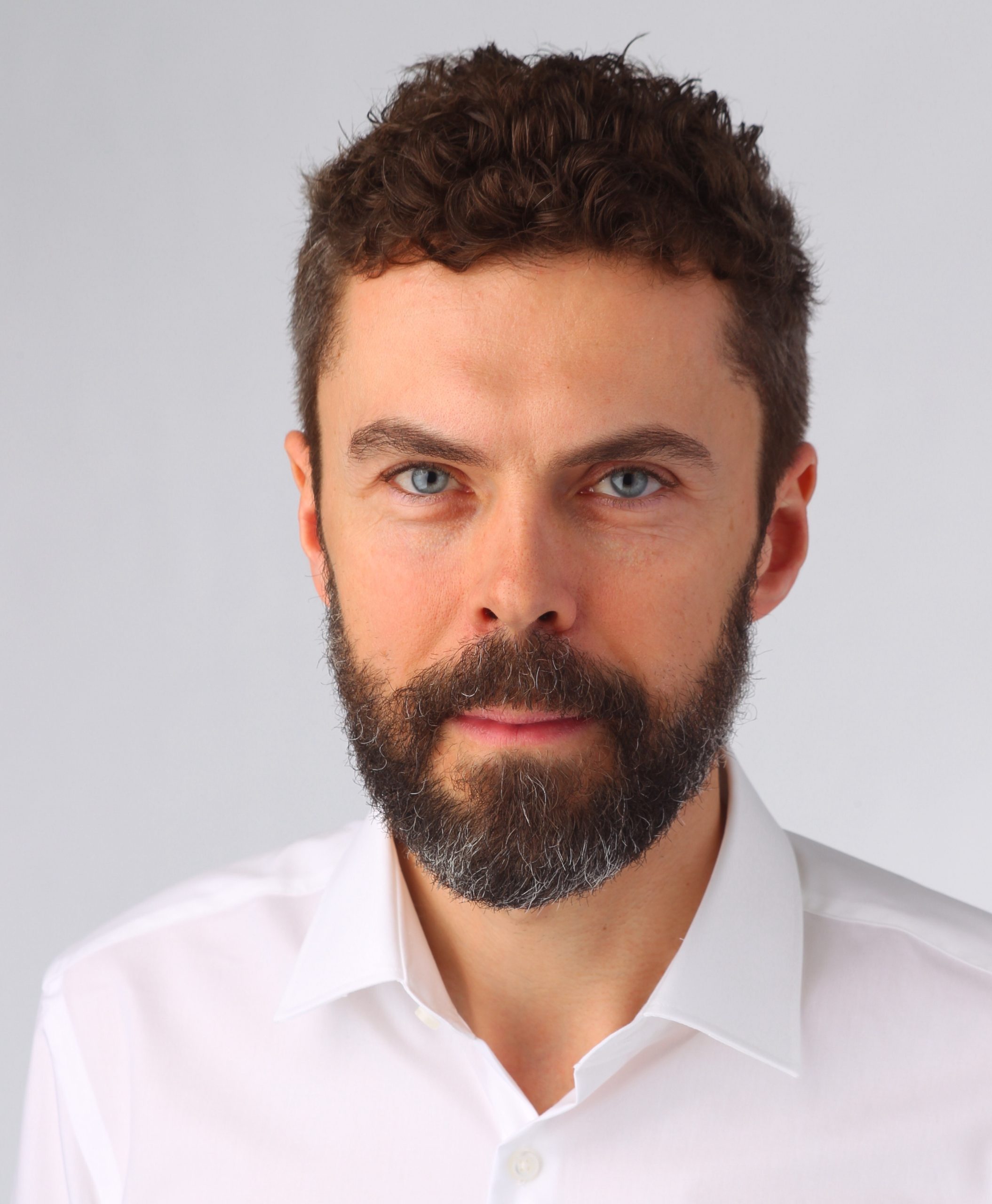
Prof. Markus Paul Müller
Institute for Quantum Optics and Quantum Information, Austria
Markus Müller is a theoretical physicist and research group leader at the Austrian Academy of Science’s Institute for Quantum Optics and Quantum Information in Vienna. After studies of physics and mathematics, he obtained his PhD in 2007 in Berlin and moved on to a postdoctoral position at the Perimeter Institute for Theoretical Physics in Canada. Before moving to Vienna in 2017, he has been a junior group leader at Heidelberg University, and an Assistant Professor and holder of a Canada Research Chair in the Foundations of Physics at the University of Western Ontario. Müller dislikes speaking about himself in the third person, and prefers first-person approaches.

Dr. Paula Bohr
Granddaughter of Niels Bohr, one of the Founders of Quantum Mechanics
Dr. Paula Bohr was born in 1958, the daughter of Nobel Laureate Aage Bohr and Marietta Bohr, and the granddaughter of the renowned physicist Niels Bohr. Although her grandfather passed away when she was only four years old, he left a deep and lasting impression on her. During her school years, she studied mathematics, physics, and biology, and also pursued music, playing the cello in a small orchestra.
She completed her medical degree in 1986 from the Danish Medical School and began working as a physician, with a focus on pediatrics, child psychiatry, and preventive care for children. In 2000, due to health issues, she was compelled to end her medical career. Since then, she has been engaged in a long journey of recovery.
In 2015, Dr. Bohr wrote a chronicle for one of Denmark’s largest newspapers titled Who is going to continue the legacy of Niels Bohr. In it, she reflected on the lives of her grandfather Niels Bohr and the spiritual leader Amma, emphasizing the enduring need for compassion in today’s world, inspired by Amma’s teachings. In 2019, at a conference at the University of Copenhagen focused on Niels Bohr’s famous open letter, she contributed an article to the event’s catalog, exploring his vision of openness and spirituality. Dr. Bohr has also authored several articles in magazines and newspapers about Amma and her own spiritual journey.
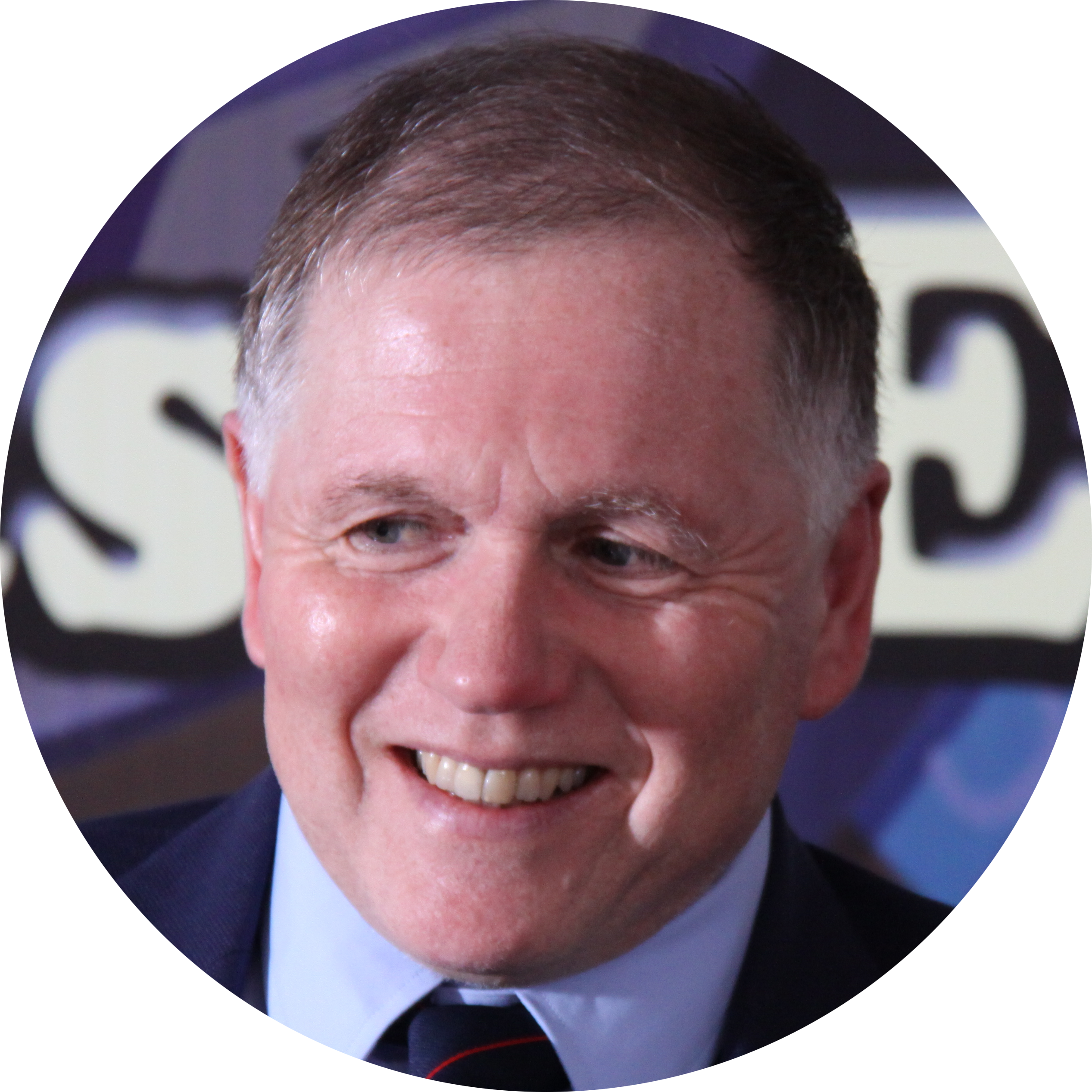
Dr. Vilhelm Bohr
Chairman of Niels Bohr Archive, Ad. Professor, University of Copenhagen, Grandson of Nobel Laureate Niels Bohr
Dr. Vilhelm A. Bohr is an internationally renowned molecular biologist and neurologist, currently serving as Chief of the Section on DNA Repair at the National Institute on Aging (NIA), NIH. Trained in medicine and neurology at the University of Copenhagen, with postdoctoral research at Stanford University, Dr. Bohr has made seminal contributions to our understanding of DNA repair, particularly the discovery of transcription-coupled nucleotide excision repair (TC-NER), which unveiled a fundamental link between transcription and genome maintenance. His pioneering work has significantly shaped the fields of molecular gerontology and neurodegeneration, with a focus on mitochondrial function, oxidative stress, and age-associated diseases, especially Alzheimer’s disease.
Over his prolific career, Dr. Bohr has authored more than 600 peer-reviewed publications and has mentored over 130 young investigators. His laboratory’s research has provided critical insights into the cellular mechanisms underlying aging and neurodegenerative disorders, including the development of therapeutic approaches using NAD+ supplementation. He holds professorships at Aarhus University and the University of Copenhagen and is an elected member of several prestigious academies, including the Royal Danish Academy of Sciences and the Norwegian Academy of Science and Letters. His accolades include the NIH MERIT Award and the Olav Thon International Prize in Medicine, underscoring his status as a global leader in aging research.
